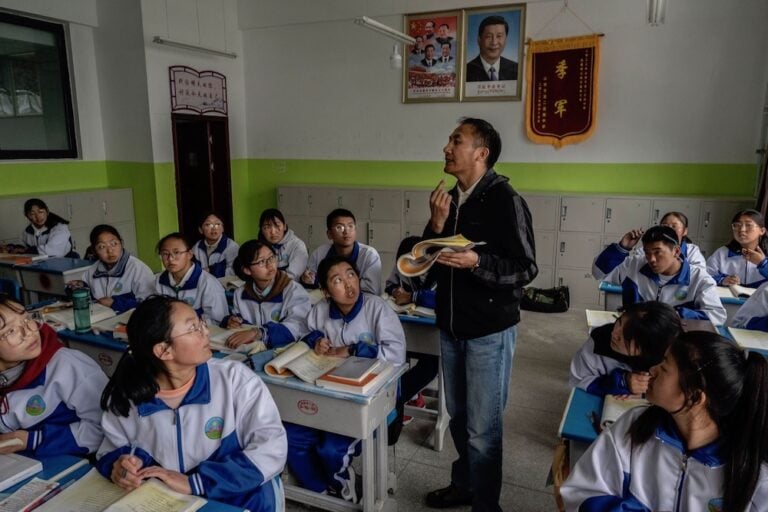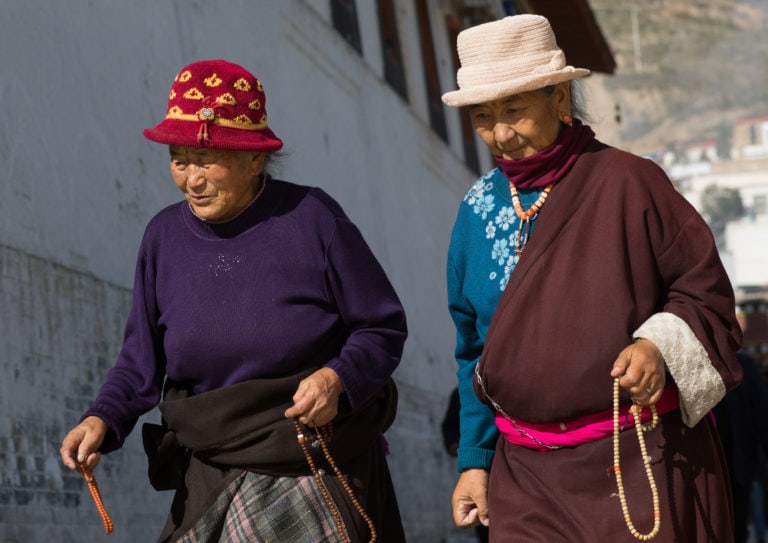Friends of Tibetan blogger Druklo said last year they believed authorities targeted him for his blog and social media posts about Tibet, including the increased presence of armed security forces, political repression by the Chinese authorities, and environmental degradation.
This statement was originally published on cpj.org on 22 February 2016.
The Committee to Protect Journalists condemned the sentencing of Tibetan blogger Druklo to three years in prison on charges including inciting separatism.
Druklo, who goes by only one name, was convicted Wednesday [February 17, 2016] of inciting separatism and endangering social stability through his writing, according to reports. The blogger, who has been in custody since March last year, was sentenced by a court in Huangnan prefecture in China’s northwestern Qinghai province, reports said. Druklo’s family was allowed to attend the hearing but it was unclear if he was allowed access to a lawyer, Tibet Post International reported.
After his arrest last year, friends of the blogger, who writes under the name Shokjang, said they believed authorities targeted him for his blog and social media posts about Tibet, including the increased presence of armed security forces, political repression by the Chinese authorities, and environmental degradation, according to Tibet Post International and Radio Free Asia.
“Suppressing reporting about what is happening in Tibet only leads to further misunderstanding between Tibetans and Chinese, which is exactly what the Chinese government does not want,” said Bob Dietz, CPJ’s Asia program coordinator. “We call for Druklo’s conviction and sentence to be overturned on appeal.”
Druklo denied the charges against him in court and said he would appeal, according to Radio Free Asia.
Druklo was one of 49 journalists jailed in China at the time of CPJ’s most recent annual prison census, which showed China to be the leading jailer of journalists worldwide. In 2010 he was detained for more than a month after authorities accused him of instigating separatist activities, according to Radio Free Asia. Druklo’s arrest on that occasion came after he wrote about the government’s harsh response to the Tibetan protests of 2008. He was released, but warned by authorities that he would be watched closely for the next 10 years, reports said.
Media access to the Tibetan Autonomous Region and Tibetan areas of western China has been severely restricted since violence in March 2008. International journalists are barred from visiting the region and CPJ has documented how Tibetan journalists and writers are harassed and imprisoned for their work. Information and opinion on conflicts in Tibet is censored throughout China.



